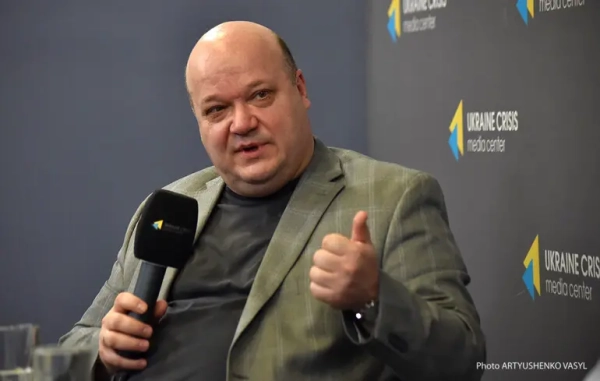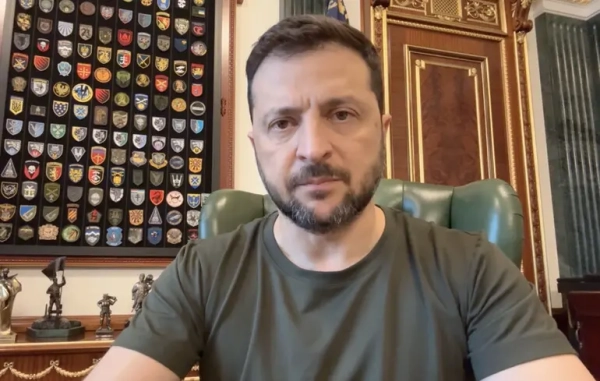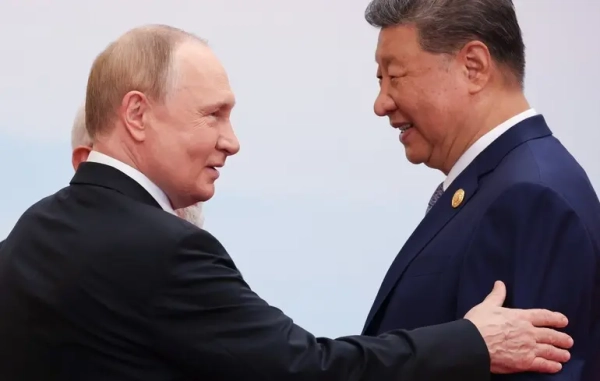The U.S. would like to see any decision on judicial overhaul in Israel in "keeping with a consensus" and based on the "broadest possible base of public support," White House spokesperson John Kirby said Wednesday.
Kirby sent the message at the daily briefing amid questions on a rare public disagreement between President Joe Biden and Prime Minister Benjamin Netanyahu over Netanyahu's controversial plan to overhaul his nation's judiciary.
"The good thing about a deep friendship is that you can be that candid with one another," Kirby told reporters about the close allies.
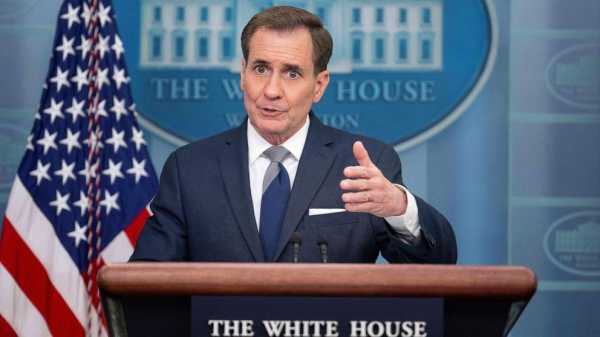
U.S. National Security Council Coordinator for Strategic Communications John Kirby speaks during the daily briefing in the Brady Briefing Room of the White House, March 29, 2023, in Washington.Jim Watson/AFP via Getty Images
Netanyahu's proposals, which opponents say amount to a power grab to give his government more oversight of the court system, prompted mass protests that brought Israel to a standstill.
MORE: Here's why Israelis are protesting Benjamin Netanyahu's judicial overhaul plan
The prime minister announced Monday a pause to the legislation to allow parties to negotiate, and to avoid a "civil war," he said, but he vowed to implement the changes one way or another.
Netanyahu's plan has sparked unease among Biden and other top U.S. officials.
Vice President Kamala Harris, asked about Israel while traveling in Ghana on Wednesday, said "we are all watching it."
Biden told reporters on Tuesday that he was "very concerned" about the situation and said it was his hope Netanyahu "walks away" from his proposal.
"They cannot continue on this road, and I've sort of made that clear," Biden said, adding he would not invite Netanyahu to the White House in the near future.
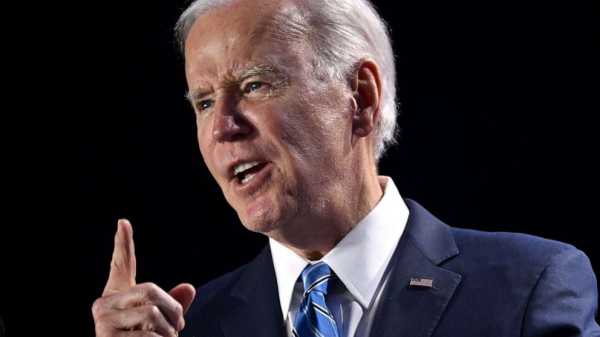
President Joe Biden speaks during the House Democratic Caucus Issues Conference at the Hyatt Regency Inner Harbor in Baltimore, Maryland, on March 1, 2023.Andrew Caballero-reynolds/AFP via Getty Images
Netanyahu shot back that while the alliance between the U.S. and Israel is strong, "Israel is an independent country that makes its decisions according to the will of its citizens and not based on external pressures, including our best friends."
The tensions between the two leaders coincided with the White House's second Summit for Democracy happening this week with 120 countries.
Biden asserted democracies were becoming stronger, not weaker, as he spoke at the summit on Wednesday.
"The work of democracy is never finished, it's never laid down," the president said. "We have to continually renew our commitment, continually strengthen our institutions, root out corruption where we find it, seek to build consensus and redirect political violence."
MORE: Inside Biden's 'summit for democracy' amid pressure to make virtual meetings meaningful
Netanyahu also addressed the summit in video remarks, in which he said the debate over his judicial proposal is an example of how to "ensure a proper democracy."
"We have to move from protest to agreement, and that's where I want to get," Netanyahu said, adding that he believed a "balance can be achieved."
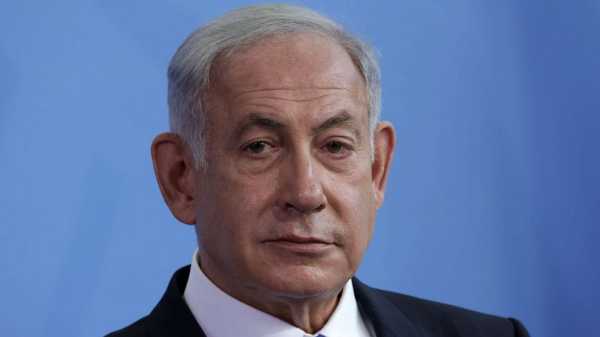
Israeli Prime Minister Benjamin Netanyahu and German Chancellor Olaf Scholz (not pictured) speak to the media following talks at the Chancellery on March 16, 2023 in Berlin, Germany.Sean Gallup/Getty Images
The prime minister also took a moment to address the U.S.-Israel relationship, describing it as "unshakeable."
Kirby said Wednesday there was "a lot to like" about Netanyahu's remarks.
"He talked about searching for compromise, he talked about working towards building consensus here with respect to these these potential judicial reforms, he talked about how unshakable he knows the relationship is between the United States and Israel and he talked about his great respect for President Biden and that's a respect President Biden shares as well," Kirby said.
Sourse: abcnews.go.com
